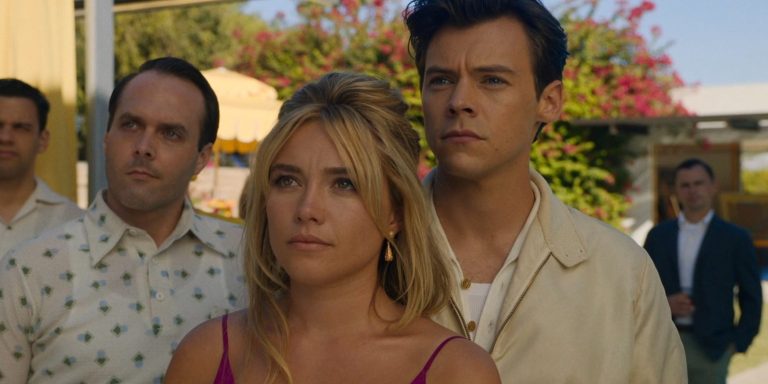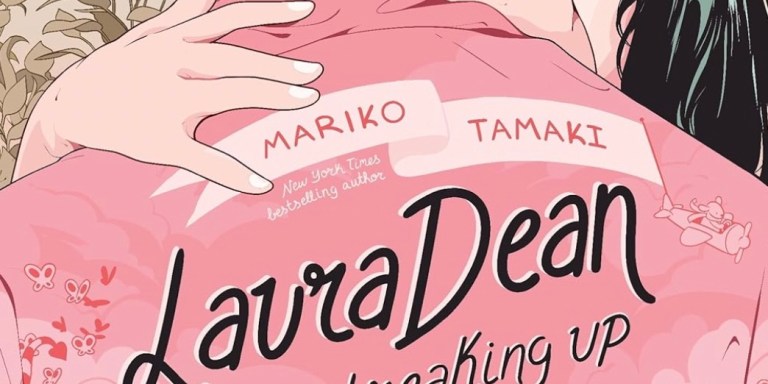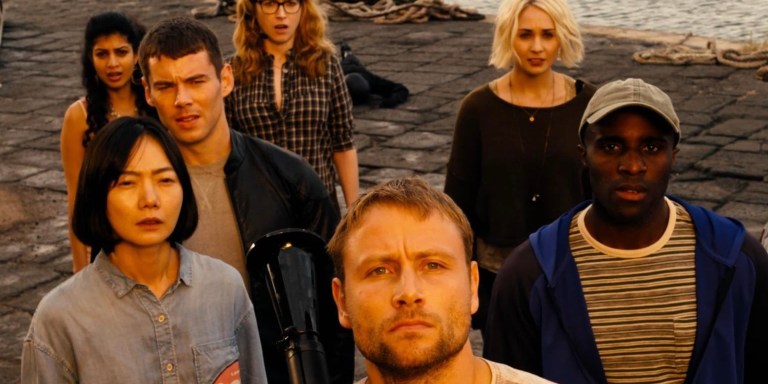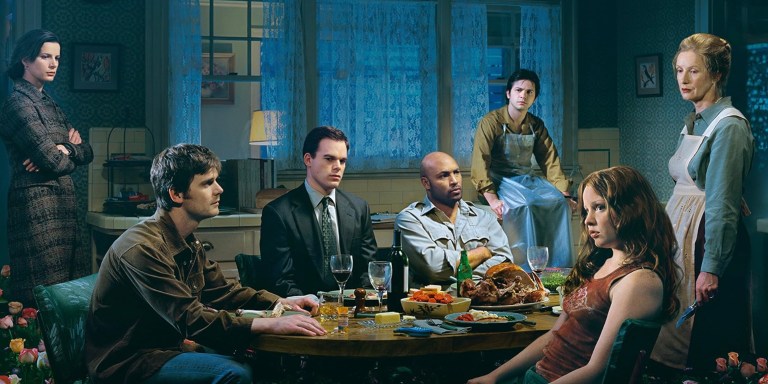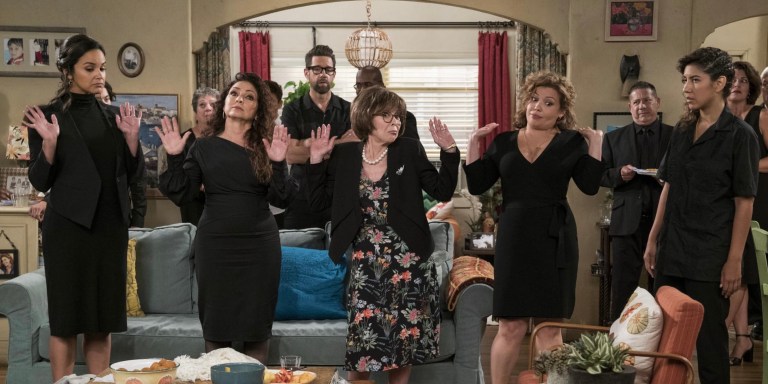
13 Reasons Why manipulates a thought we’ve all had at one point or another, the power of getting the final word. It’s suicide as a revenge fantasy, a way to make someone stop and consider the ways they have hurt you and maybe feel the depths of the ways they have been wrong. When you feel powerless, the fantasy feels like the only way you can speak loud enough that people will listen. But it’s a fantasy for a reason, real life doesn’t work this way. Depression doesn’t work this way.
If you haven’t seen the miniseries streaming now on Netflix, the plot follows a group of high school students who knew Hannah Baker, a fellow student who recently killed herself. Before she died, Hannah left a series of tapes detailing people in her life and how their actions toward her caused her to become suicidal and take her own life. She tasks the tapes’ subjects to listen to them in order to fully understand the gravity of their actions. Spoiler alert: the movie ends with one of the students, Clay Jensen, realizing that he should have reached out more to Hannah, that perhaps his love could have saved her. He then reaches out to another student he now notices has been struggling.
I’m sorry but this is total BS.
This is a violent stripping of Hannah’s agency to make her own decisions. She is not floating around on a whim waiting to see if Clay is going to make her life worth living. When Hannah’s mental pain became unbearable, it was due to her surviving a series of traumatic emotional events, yes, but more importantly it was due to her mental health — a battle that inappropriately takes place mostly off-screen. The answer to mental pain isn’t for some guy to love you and show you that you are worthy. The answer is to figure out how to survive these events and hold onto your worth as you do this. Other people can’t save you, and you shouldn’t want them to.
We know Hannah’s bigger battle was mental illness because we understand the magnitude and finality of taking your own life. We get to know Hannah in the series and we know she isn’t so hot-tempered as to make a drastic, permanent decision in order to manipulate guilt out of people. She’s presented as more thoughtful and multi-dimensional than that. If anything, the traumatic events she endured were the tip of the iceberg, but we are never shown what’s down below.
And that’s where the story falls apart. The kind of serious, severe depression that leads to suicide is not caused by someone’s actions. No one else creates this internal mental state for you, even if their brutal actions make depression increasingly hard to fight against it. You still have agency. You are still in charge.
If Netflix wanted to make a show about suicide, they should have worked with the book’s author Jay Asher as well as people who work in mental health. It’s common to have technical advisors involved in the writing process when you don’t know what you’re talking about (like a writer with no medical experience describing complex surgeries in scenes for Grey’s Anatomy) and that element is sorely missing here. It would save from the experience of watching the show as a person who has experienced depression and having the overwhelming feeling of “these people don’t know what the fuck they’re talking about.” ![]()
